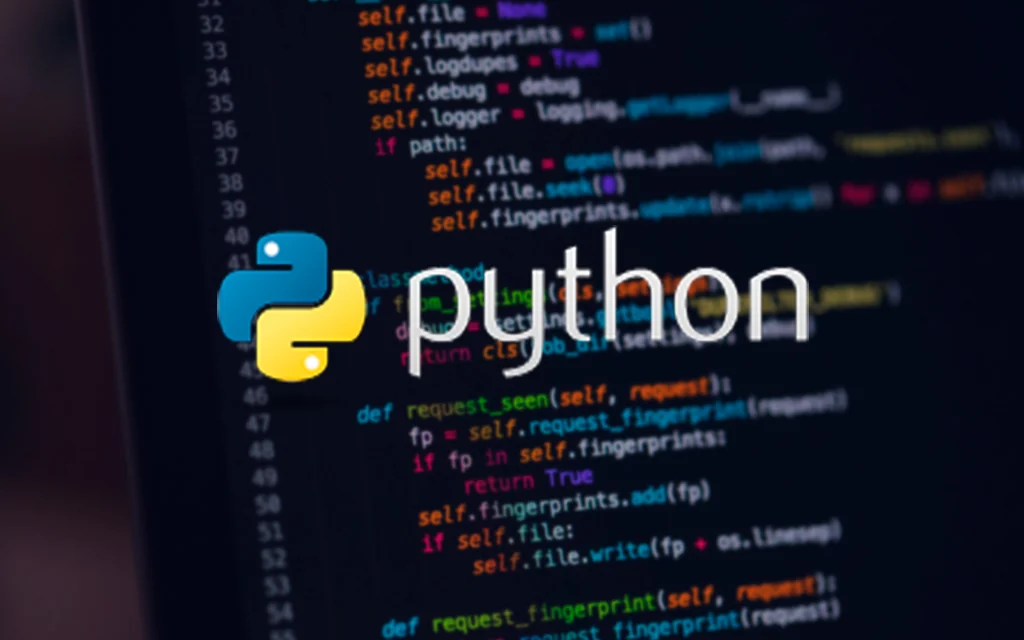Have you at any point took a gander at code you composed a half year or a long time back, and ask yourself, “what on earth was I thinking?” We as a whole have.
Considering my own Pythonic evil entities, I’ve seen a couple of Laptopdir patterns. I would rather not say they’re my “top picks”, yet I appear to do them a great deal:
Excessively Perplexing Calculations
This is a major one. I take a gander at the code I composed – the classes, modules, and so forth – and can see it turns out great.
Yet, it very well may be WAY less complex.
Less complex frequently implies more lucid, more viable, and – shockingly frequently – less delicate. That is to say, the code actually needs to accurately work. However, right, straightforward code is almost in every case better compared to right, complex code.
At the point when I step away for some time, and take a gander at the code base once more some other time with a new perspective, frequently I see a much cleaner arrangement.
“Incidentally Working” Code
This one is somewhat interesting.
Perusing the code, I can see what I was thinking at that point. What’s more, it really works – meaning, it meets the prerequisites, it breezes through the unit assessments, and it’s acting like it should.
In any case, obviously when I composed that code, I completely misconstrued the issue I was composing code to tackle.
Truly, it shouldn’t work. Since I was composing code to take care of a totally fictitious issue, not the genuine issue! Yet, some way or another, it addresses both.
I concede being humiliated this occurs.
In any case, I’m stunned that this occurs by any means, and more astounded that it appears to over and again occur.
Misdirecting Identifier Names
I put a Ton of exertion in picking great names for things. Factors, type and class names, strategies, modules, and so forth.
That is on the grounds that our lucidity on what’s happening is in direct extent to how plainly we see every part’s job. Furthermore, picking great names for every one of those can help a ton.
Yet:
Despite the fact that I’ve been making this a focal need for quite a long time, I’ll frequently return to refactor some code, or add another element or something, and think “I truly ought to have named this SomeOtherName”.
Perhaps the example is that upgrading intelligibility is an endless interaction. We can constantly move along.
Passing up a major opportunity
This one’s really intriguing.
What I’ve found is that I can take a gander at a code base I’ve kept in touch with some time back. Furthermore, I’ll see that I might have utilized a procedure to work on the nature of the code, as a matter of fact. Be that as it may, I didn’t.
That “method” can be a plan design; a phrase; or perhaps a component of the language. Quite often, it’s since I had barely any familiarity with it at that point.
With my ongoing insight, it would have been significantly more straightforward. Furthermore, it would most likely be more vigorous, viable, decipherable, and so forth.
The extraordinary thing when you notice this: It’s a sign you have worked on as a developer.
So celebrate when you notice these, and keep on gaining from them.
The Strong Python Bulletin is only for you. Like peruser Charles Hayden puts it:
“I have seen a great deal of books, articles, and bulletins throughout the long term and yours is quite possibly of the best. What you say regarding Python, yet how to approach learning.”

